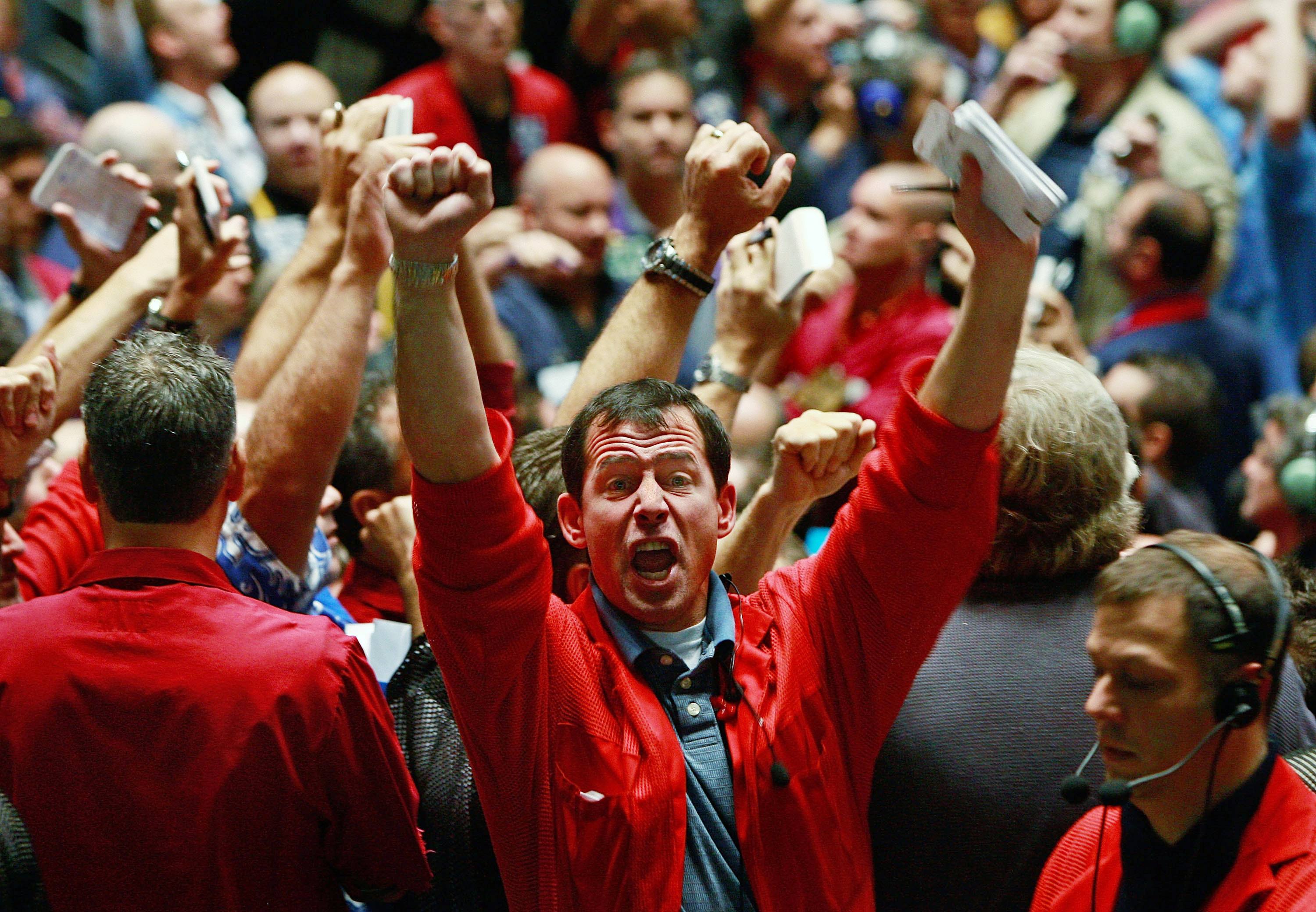- A widely monitored measure of investor sentiment falling to extreme levels may suggest the stock market’s drop has gotten so bad that it’s good.
- The latest reading of the American Association of Individual Investors’ survey of bullish sentiment fell to the lowest level since mid-2016, coming in at 20.9.
- Another measure from the AAII, the percentage of bullish investors minus the percentage of bearish investors, has also fallen to multi-year lows.
- A handful of influential market strategists say all this extreme pessimism is forming something of a contrarian “buy” sign; in other words, such extreme readings must mean the market is bottoming.
- Watch stocks trade live.
The recent acceleration of the stock market’s sell-off has pushed individual investors to one side of the boat. To some widely followed market strategists, that means it’s time to buy.
As major US indexes have tumbled into a correction – down at least 10% from their recent peaks – and slowing global growth has become a growing concern, a measure of bullish sentiment by the American Association of Individual Investors (AAII) just fell to its lowest level since mid-2016.
The survey, released late last week, showed investors are becoming a lot more pessimistic on several fronts.
“Our deeply embedded contrarian roots pushed us to check out what the S&P 500 did from that prior low on the Bull market gauge to the end of 2016,” John Stoltzfus, chief investment strategist at Oppenheimer Asset Management, wrote in a note to clients on Monday.
"When we checked, the S&P 500 moved up a little over 7% from May 26th through the end of the year in 2016."

Another portion of the AAII's survey, the ratio of bulls to bears, had also fallen to multi-year lows. That reading sank to -28, the lowest since February of 2016.
"We believe sentiment has reached an extreme bearish level that historically is a major contrarian buy signal," Tom Lee, managing partner at Fundstrat Global Advisors, wrote in a note to clients on Monday morning, adding that the rate at which investors had grown bearish has moved "far forward of fundamentals."
Specifically, Lee and his team point to the Purchasing Managers' Index (PMI) being at a healthy 59, suggesting a sound fundamental backdrop.
"And the data analysis shows when AAII is this bad and PMIs are >51, equity return risk/reward is especially impressive," Lee said, adding: "And notably, last time this was seen was August 27, 2010, right before a massive rally."
Stepping in to buy when the crowd seems to be stepping away, or being "contrarian," is a classic investing tactic. Other indicators, like fund flows, could also serve as a sign investors are behaving in an extremely bullish or bearish manner.
Asset-management firm AllianceBernstein wrote on Monday that last week saw a net outflow of $39 billion from equity funds - mostly from the US - making for "the largest weekly outflow in dollar terms in the history of our weekly dataset (going back 18 years)."
Read more: We just got the most alarming sign yet that investors are bracing for a stock market crash
Such a dramatic rush of outflows pushed the firm's own sentiment indicators into "buy" territory.
"Four out of the five inputs to our Composite Sentiment Indicator now signal a 'buy,'" the team of strategists led by Inigo Fraser-Jenkins wrote in a client note.
Still, Fraser-Jenkins noted a looming risk to stocks, specifically from the credit market. The quality of corporate debt has significantly declined, he noted, and said he sees credit concerns increasingly influencing the stock market next year.
"Negative projections abounded in 2016 as now," Oppenheimer's Stoltzfus wrote in his client report. "Time will tell if this year's low on the AAII Bull gauge serves as a similar contrarian indicator in the months ahead."
Now read:

